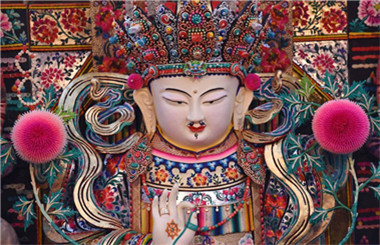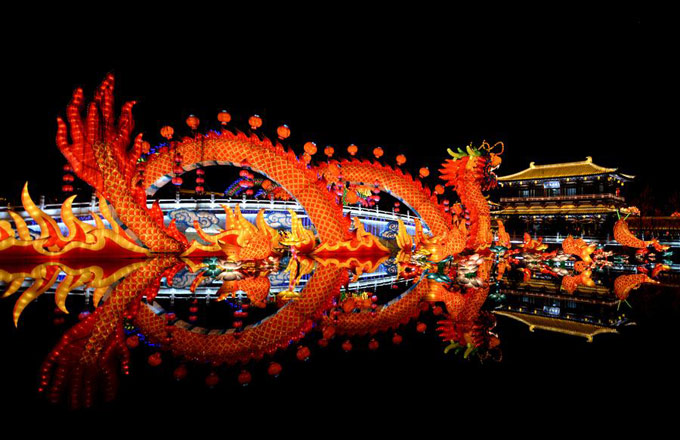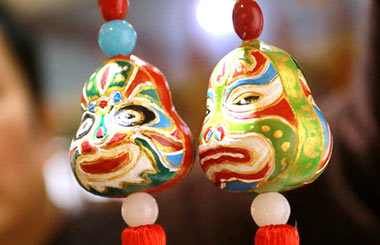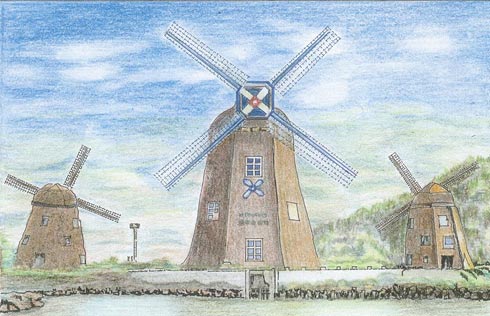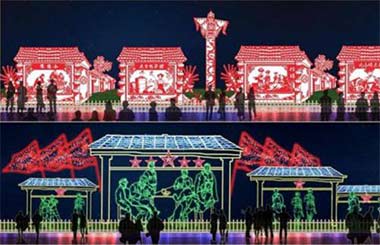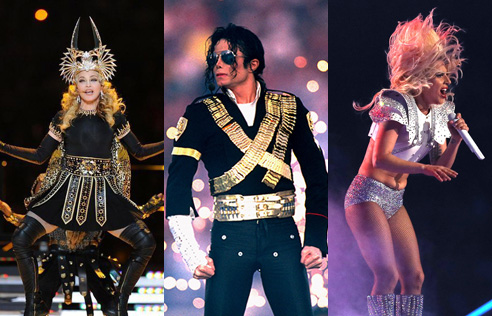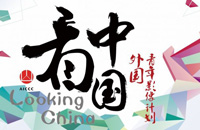Lunar New Year odyssey
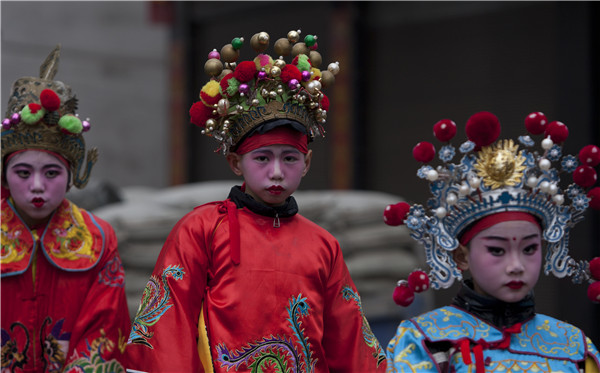 |
|
Children clad in costumes of local opera take part in a parade for the Spring Festival in Yueyang, Hunan province. [Photo provided to China Daily] |
Some residents of rural Hunan still believe in old-style Spring Festival celebrations but fear that traditions may be lost unless they're protected, Liu Xiangrui reports.
Spring Festival, which is celebrated from the first to the 15th day of the first lunar month, is undoubtedly the most significant cultural event in a year for Chinese.
The residents of my hometown, Yueyang, a 2,500-year-old city in Central China's Hunan province, have held onto many traditions for generations.
Like in other parts of the country, preparations for the festival start early every year, with food playing a key role.
In rural Yueyang, for instance, such delicacies as tofu and smoked pork are prepared a month or two in advance.
Then, there are specific days for certain activities.
People offer prayers to the kitchen god on the 23rd of the last lunar month, so that he puts in a good word about the host family when he returns to heaven to file an "annual report" the next day.
The festival is celebrated by putting up auspicious decorations in houses, lighting firecrackers, worshipping ancestors and staying up late on the eve of the Chinese New Year. The night before the year begins is the highlight of the festival, when those working in faraway cities (like myself) try to rush home to catch the family reunion dinner.
Some families have unique menus for this special meal. Fish, which symbolizes prosperity in Chinese culture, is a must.





